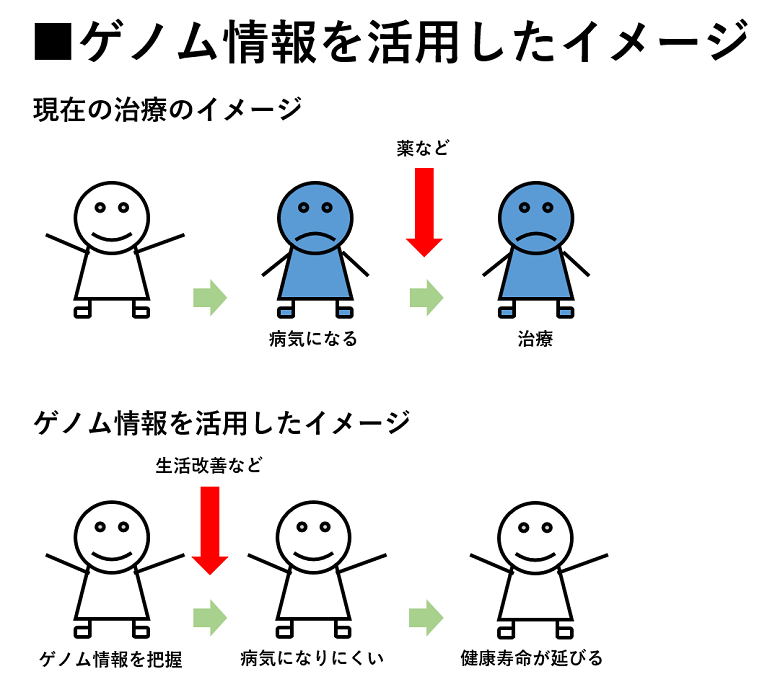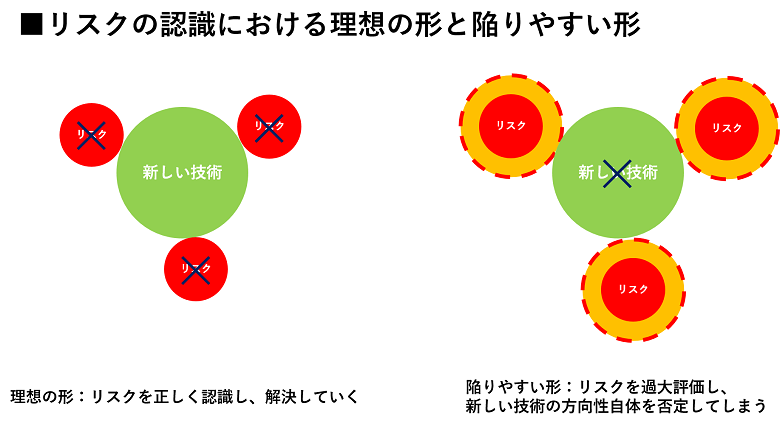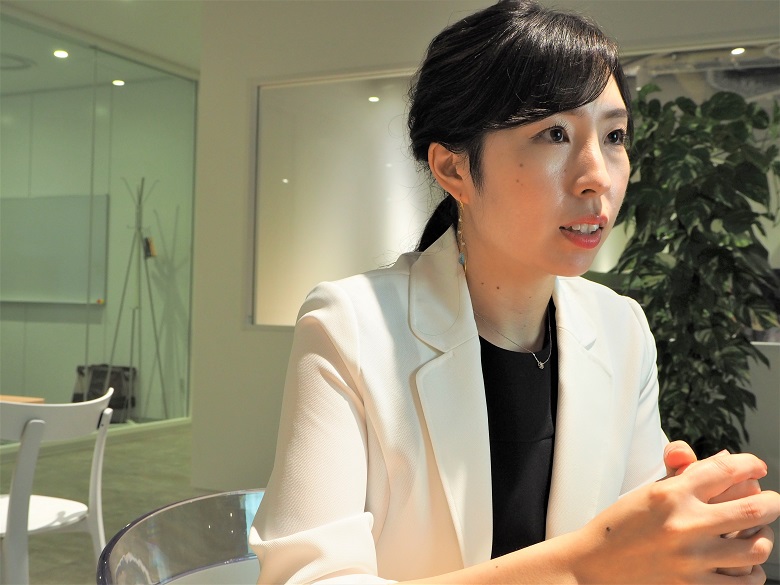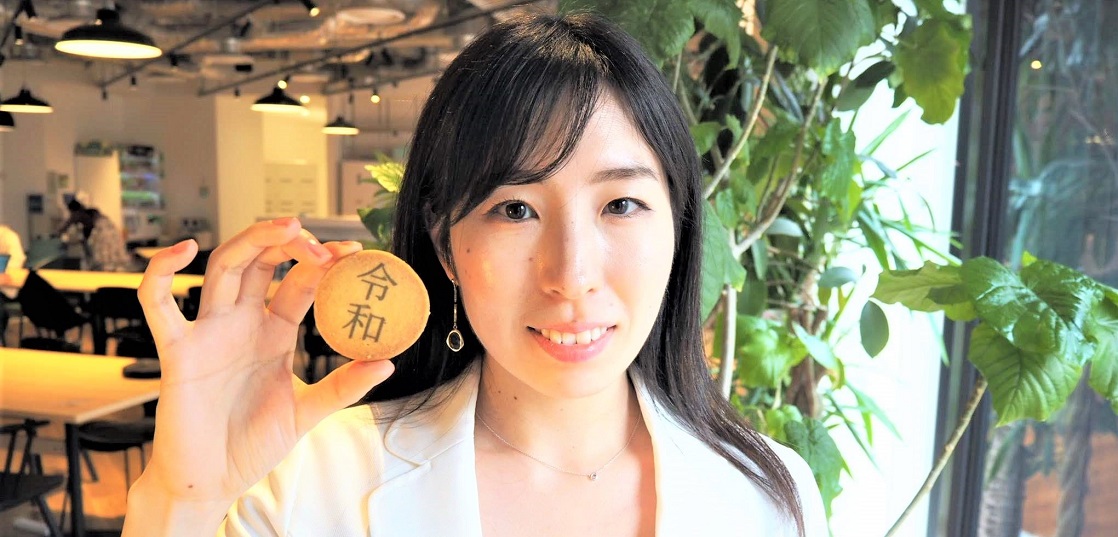In the previous interview, I explained the evolution of life science in Heisei from the perspective of decoding the human genome.
Then, what kind of era will the new era "Reiwa" be for genome utilization?
This time too, Sachiko Takahashi, a life scientist who leads gene analysis services as President of GeneQuest Co., Ltd./Executive Executive Officer of Euglena Co., Ltd., will explain.
"Reiwa" is an era when everyone has their own genomic information as a matter of course
-What kind of era is the Reiwa era likely to be for the utilization of genetic information?
Takahashi: First of all, in the era of Reiwa, it will be an era in which all individuals naturally know their own genomic information like blood type. And as the use of genomic information progresses, I think we will enter an era in which personal life, society, and life science research will develop rapidly.
-What will change if you know your own genomic information?
Takahashi: First of all, what is good for an individual's life is not to know after getting sick, but to know the genetic risks before getting sick and take preventive measures. For example, I know that I tend to be at genetic risk for kidney stones. Therefore, by refraining from eating foods with a high oxalic acid content, we are trying to prevent it.
In the future, research on genomic information and diseases is expected to progress further, and we will continue to manage genetic disease risks and connect them to prevention.
In addition to the field of preventive medicine, as research progresses, it will be possible to apply the knowledge to various fields such as nutrition, food, exercise, sleep, stress, and beauty.
-You can change your life by knowing the genetic characteristics.
Takahashi: That's right. Diseases are caused by a combination of genetic factors and environmental factors, so it is important to understand the genetic factors to effectively improve the living environment, reduce the risk of environmental factors, and prevent them. I can do it. In fact, it has been said that life expectancy has been extended first by improving nutritional status, then by the development of medical care, and then by "prevention" (especially to extend healthy life expectancy). I will.

How to utilize genomic information for society?
-What does it mean to utilize genomic information in social and life science research?
Takahashi: Yes, the next good thing for society is that preventive measures are not very effective for everyone, and preventive intervention is limited to those who are at high risk in the group. There is research that can reduce medical expenses.
Therefore, even in Japan, there is a possibility that the healthy life expectancy of society as a whole can be extended and medical expenses can be suppressed by preventing diseases of high-risk people and selecting optimal medical care according to individual characteristics. Medical expenses in Japan exceed 40 trillion yen annually, and it may be possible to improve by prevention using genomic information.
In addition, regarding life science research, the above-mentioned research will progress dramatically if there is a lot of human genome information. Currently, most of the genome research in the world is conducted for Western populations, but I think that research will progress considerably in Japan during the Reiwa era.
First of all, Reiwa has health challenges associated with the 2025 problem (the baby boomer generation rushes into the elderly aged 75 and over). It is essential to promote genome research in order to solve this problem.
-As the aging of the population is expected, it is important to improve little by little not only for Japan in the future, but also for the world and the earth.
Genetically, "all human beings are rare"?
Takahashi: In addition, I hope that the value that each person will be respected as a special person will spread.
As the analysis of genomic information progresses, it became clear that humans have genetic differences and that individuals are special. No one has the gene that this person is average. I think that such a value that "all human beings are rare" will be taken for granted.
-I hope we can create a better society that makes use of diverse values.
Takahashi: It is important to activate research in the fields of genomic information and life science in order to improve the lives of society and individuals. He said that the decoding of the entire human genome has been completed, but the reality is that there are still many unclear points about how each genetic information is related to biological characteristics and diseases. We believe that we can solve social and individual life issues by converting various genomic information into data and activating research.
-Isn't the activation of genomic information research a key factor?
Takahashi: I define "progress of humankind" as increasing the knowledge of humankind and using it to improve problem-solving ability. By accumulating genomic information, we believe that we can eventually improve our ability to solve problems and contribute to the evolution of humankind.
テクノロジーの回避すべきリスクと解決すべきリスクの違いとは?
-Are there any points to be aware of as the use of genomic information progresses?
Takahashi: It is not limited to genomic information, but it is important to accurately recognize risks when considering the use of new technologies. When thinking about risk, it is easy to fall into the wrong direction of new technology, but overestimate the risk and think that the direction itself is wrong.

-What exactly do you mean?
Takahashi: If the direction of new technology utilization is correct, it is important to proceed with research, improve the environment, and reduce risk, but overestimate the risk and misunderstand that the direction is wrong. And it will stop there.
The reason why this happens is that organisms are often said to find it more comfortable to live in a familiar environment. In other words, I think there is an unconsciousness that changing is something scary. That feeling is important, but I think we shouldn't overestimate the risks of new technologies because they are too strong.
For example, in the field of autonomous driving technology, I think that the spread of autonomous driving technology in the future is an inevitable direction. However, what is considered a risk is that there is a risk because the accuracy is not perfect "yet", and the direction itself is not a risk. You need to calmly consider the difference between the risks that are resolved over time and the risks that are not.
-What are the risks in using genomic information?
Takahashi: In terms of genomic information, I think there is no doubt that the utilization of genomic information will progress. However, since genomic information is unique and important information, there are risks that need to be resolved, such as personal information management, discrimination issues, and accuracy issues.
On the other hand, bioethical issues such as genome editing babies in China, which became an issue last year, are different, and there is a risk in the direction itself.
-The issue of genome editing baby has become a hot topic.
Takahashi: The problem with genome editing babies is at the stage of discussing the pros and cons of the technical utilization of the points I mentioned earlier. I've talked about this issue before, so I won't go into detail here, but editing the germline genome that will be inherited by the next generation of offspring has become a major issue. It is necessary to be more careful about the utilization of technology that will have a great impact on the next generation, and it can be said that the direction of technology utilization itself has been criticized regarding the problem of genome editing babies.
-There are risks in utilizing new technologies, and you must calmly consider whether they are in a different direction or if you overestimate the risks that will be resolved over time.
Takahashi: Yes. If the direction of technology utilization is correct, it is simply "risk will be solved". Risks can be reduced through technological innovation and legislation.
When it comes to the use of genomic information, as I mentioned earlier, the use of genomic information is a technology that has the potential to improve the lives and societies of individuals. The big direction is not wrong, so it is important to calmly evaluate various risks and solve each problem one by one.
-What is right and what is wrong? It is a difficult problem.
Takahashi: It is important to have a calm and open discussion with your imagination.

Realize a bright future by utilizing genomic information
-I understand that there are some issues.
Takahashi: That's right. There may be challenges, but we will solve them and believe that the era of Reiwa will be a bright future.
-bright future! Sounds good.
Takahashi: Japan has entered a super-aging society in which the population aged 65 and over exceeds 21% of the total population, but by promoting improvements using genomic information in Japan, other countries will be aging in the future. I think it can be a sample. The downsides of aging are emphasized, but if we can turn the downsides into positives, I think it will be a huge opportunity.
-A pinch is an opportunity, isn't it?
Takahashi: I would like to take the lead in the progress of society and take it as an opportunity to tackle various issues and work on various things.
-I hope that the era of Reiwa will be brighter by utilizing genomic information. Thank you very much.
Euglena Co., Ltd. Executive Officer in charge of bioinformatics business
/ Representative Director of GeneQuest Co., Ltd.
Shoko Takahashi
Graduated from the Faculty of Agriculture, Kyoto University. In June 2013, he started GeneQuest Co., Ltd. while enrolled in the doctoral program at the Graduate School of Agriculture and Life Sciences, the University of Tokyo. Completed the doctoral course in March 2015 and obtained a doctorate. We provide a genome analysis service that conveys genetic information on disease risk and constitution to individuals. April 2018 Appointed Executive Officer in charge of Bioinformatics Business, Euglena Co., Ltd.
Received the Ministry of Economy, Trade and Industry "2nd Japan Venture Award" Minister of Economy, Trade and Industry Award (Female Entrepreneur Award), the 10th "Japan Bio-Venture Award" Japan Venture Society Award, World Economic Forum "Young Global Leaders" Selected for "2018".
In his book, "How does genome analysis change the world of" I "? -The future that can be created by life science technology- ".
Gene analysis platform "Euglena My Health"

